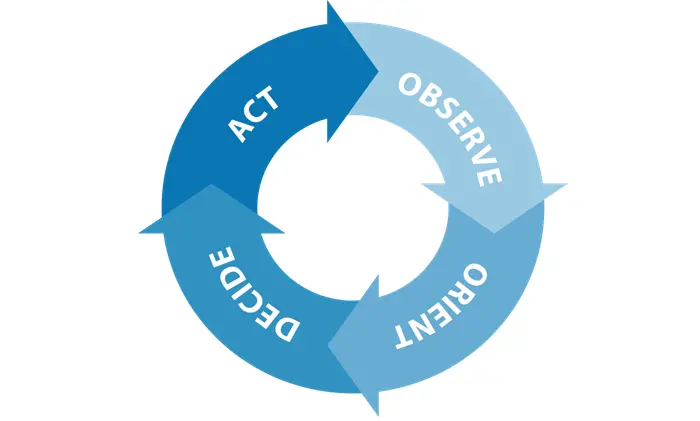
Hanne Melin of eBay’s Public Policy Lab talked to the OECD about how the Internet and digital services flatten the marketplace and enable micro multinationals to flourish.
The OECD Working Party on the Internet Economy met in Paris this week to discuss how the Internet is affecting the business environment and supporting entrepreneurship. Melin contributed to the discussion by describing “Commerce 3.0” and suggesting frameworks for thinking about technology and policy enablers.
eBay has produced several reports over the course of the last two years evidencing the transformation of world trade patterns. The powerful combination of the Internet and innovative digital services is lowering trade barriers to such a degree that micro firms can serve customers in more than 30 different markets. It is a global phenomenon, also benefitting emerging and developing economies.
Melin offered her thoughts on the forces behind this trend. Here, the Global Empowerment Network is an excellent model for analyzing what conditions and services support the emergence of micro multinationals. This model for internationalization identifies four “building blocks” that together – in the right constellation – enable firms to trade directly with customers world wide:
- Connectivity at low cost and without gatekeepers
- Innovative payment, marketing, translation and other marketplaces services
- Moving products sold by many small traders around the world efficiently
- Legal rules and administrative procedures for a world where small firms and consumers are part of global trade
Unpacking parts of building block number 2, Melin highlighted the importance of tools, mechanisms and services that:
- Facilitate communication between traders
- Provide access to information for both buyers and sellers
- Offer data and means for analyzing business performance, market developments and customer trends
- Enable trust creation in the other party and the transaction and/or the system supporting the transaction
Melin put forward a framework for reflecting on the right combinations of policy and technology for supporting entrepreneurship. The Boyd Loop (this report discusses it in relation to trade policy formulation) forces a holistic and “need-based” approach to the issues that matter to different actors as they seize – navigate and act – on market opportunities.
To take the example of expanding a business into new markets: Traditionally, observe and orient would mean market research and considering steps to target specific markets. In a global marketplace, market expansion is just as much traders responding to contacts by potential customers from everywhere and anywhere. Observe becomes “to be observed” and orient becomes navigating many foreign markets. How can policy support a development where market expansion means accessing a large number of unknown markets rather than one or two pre-selected markets?